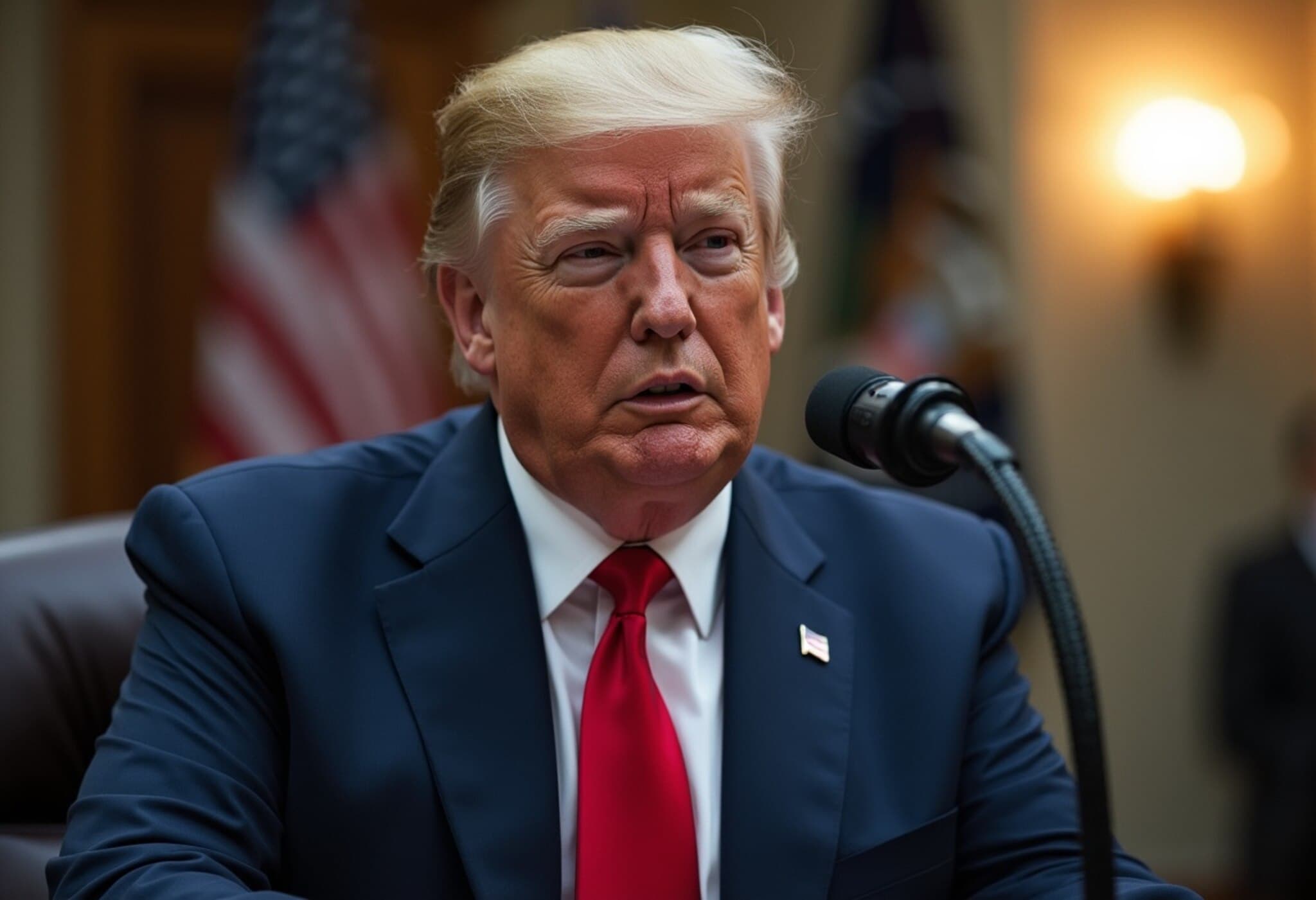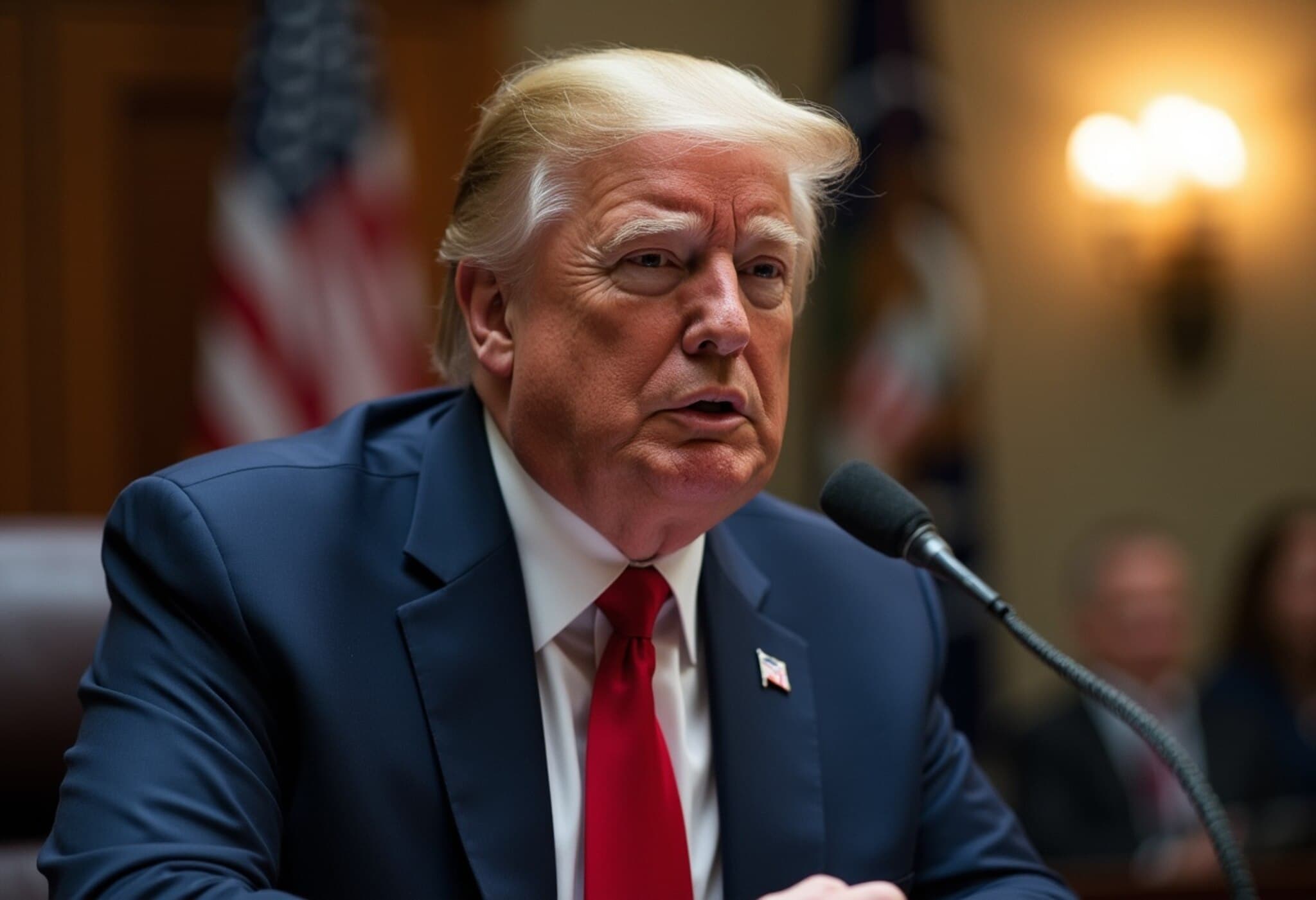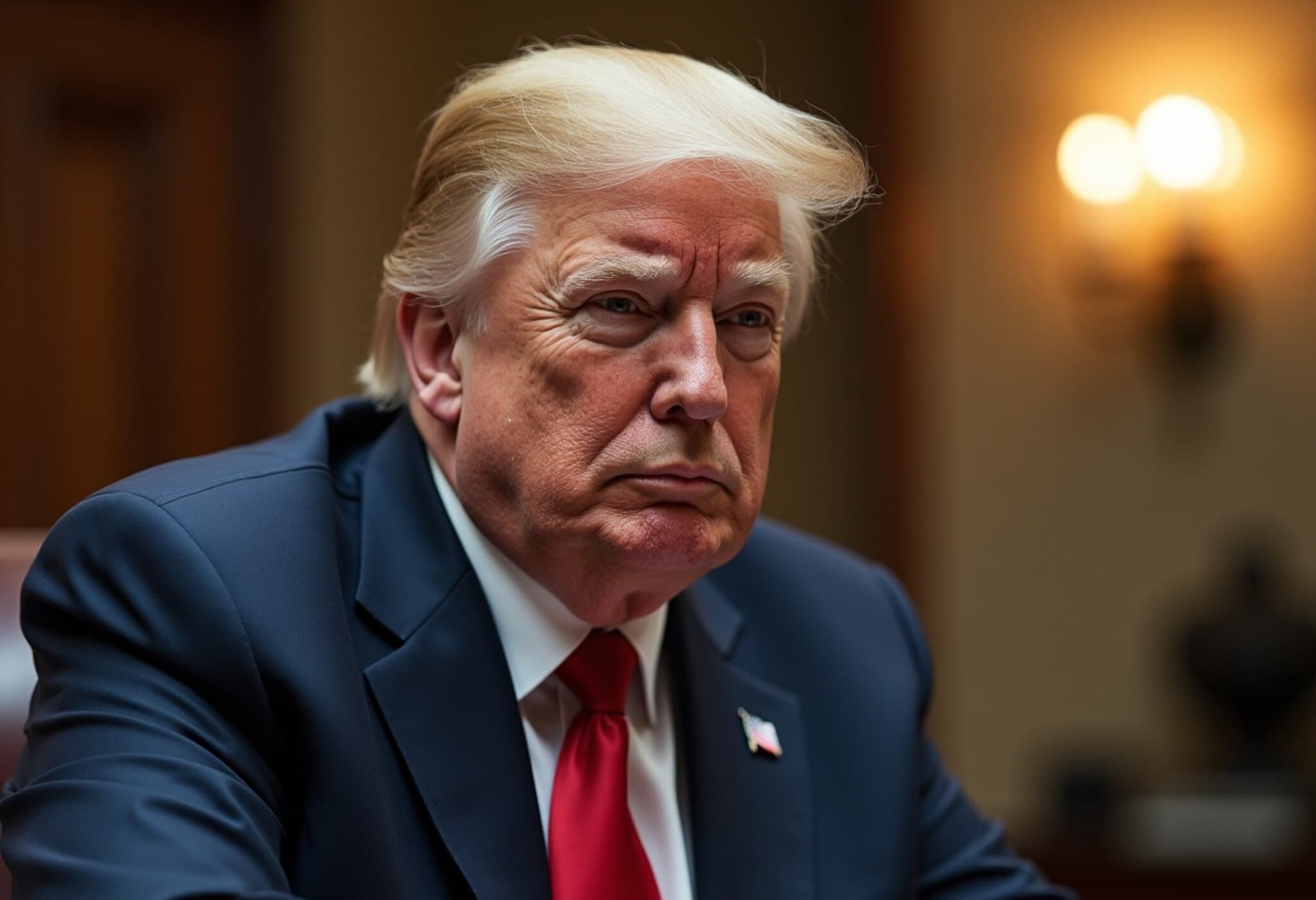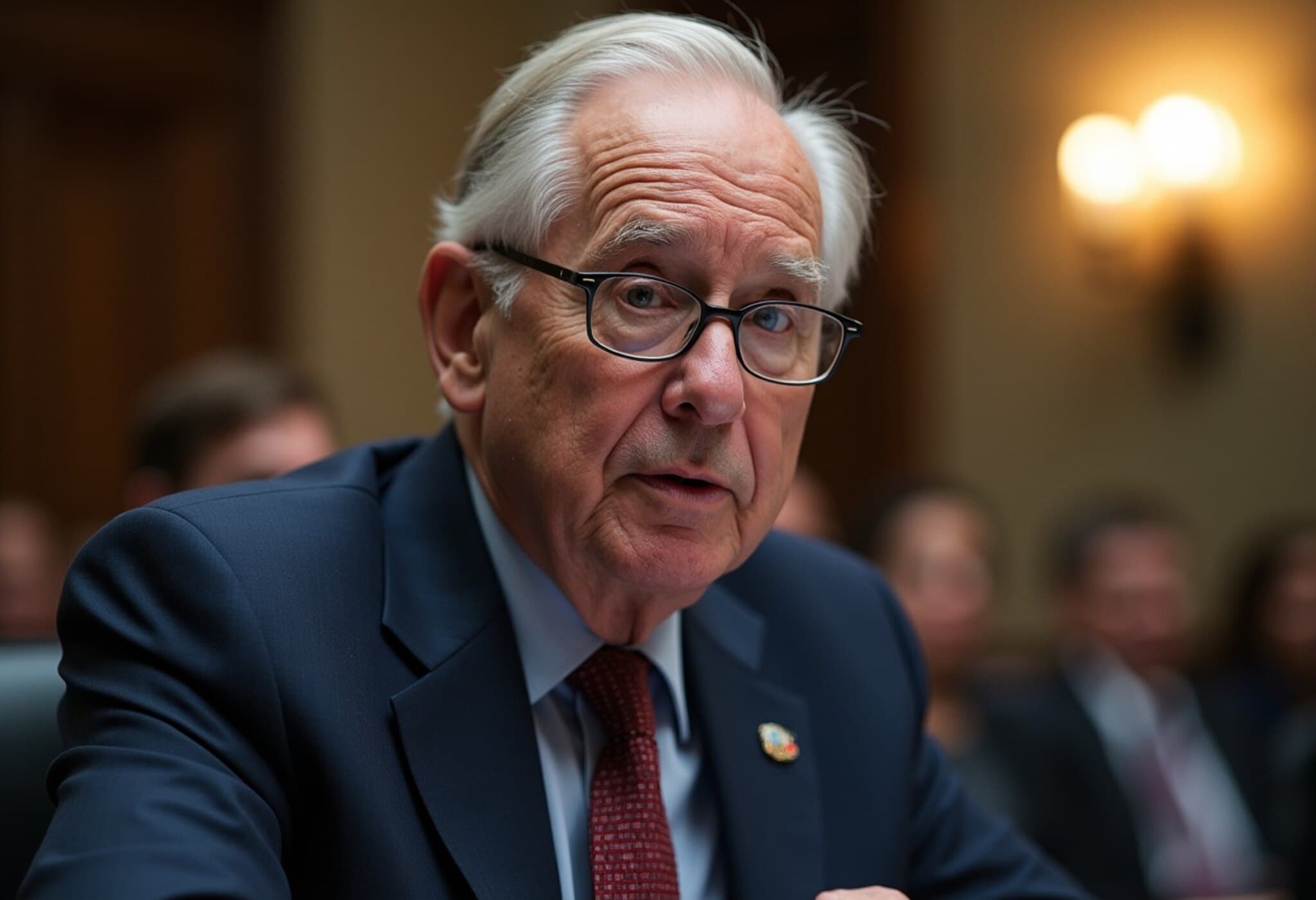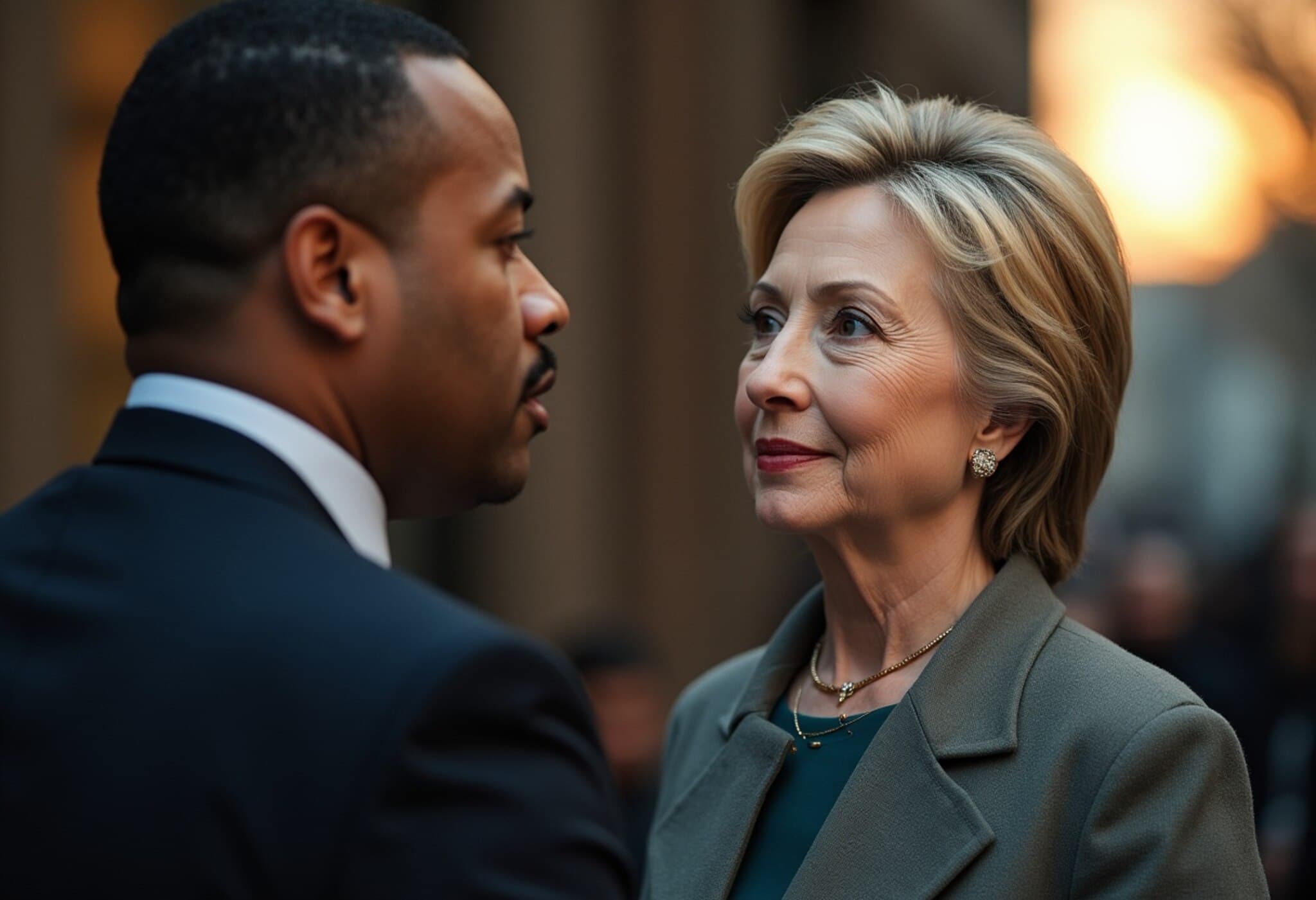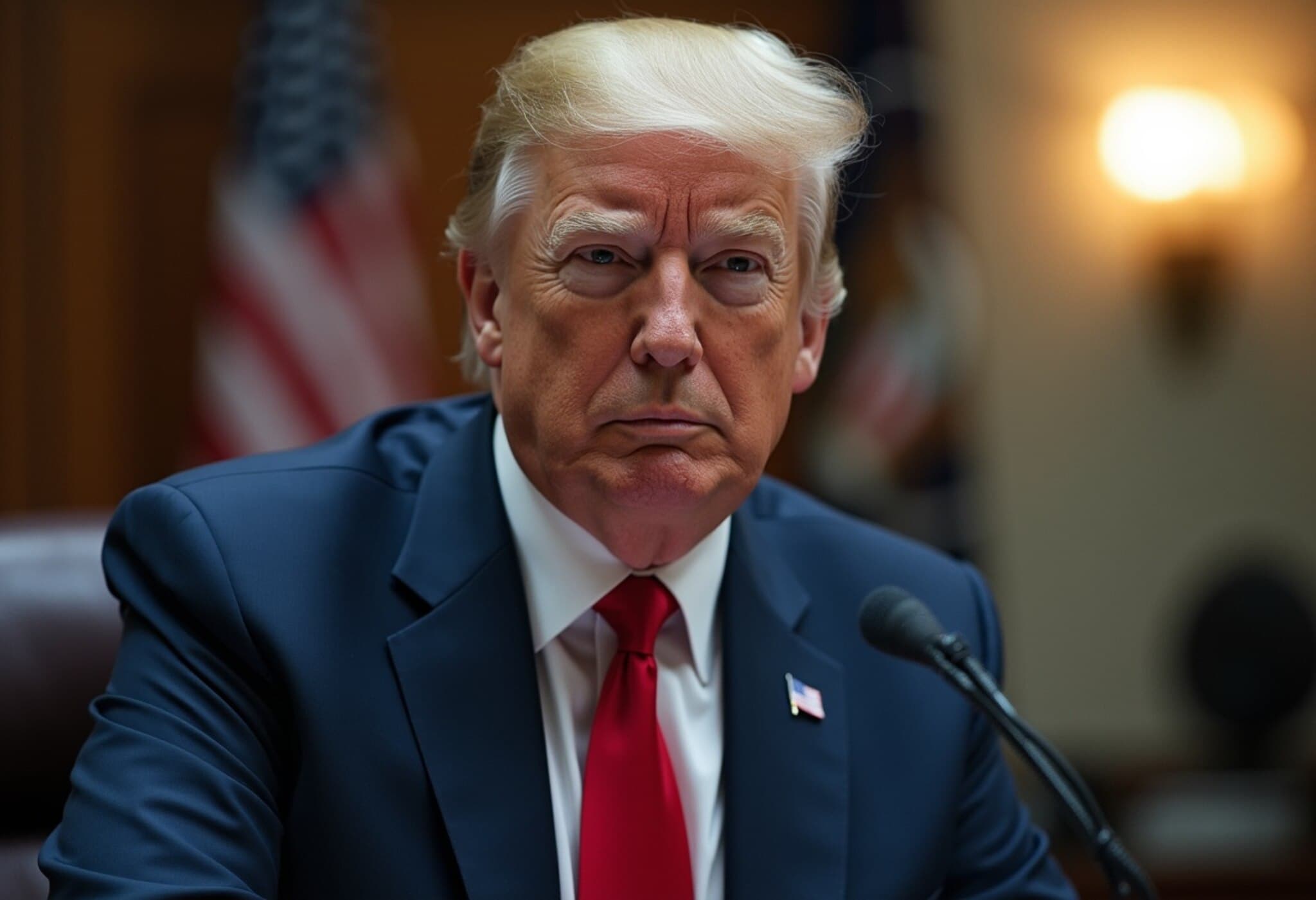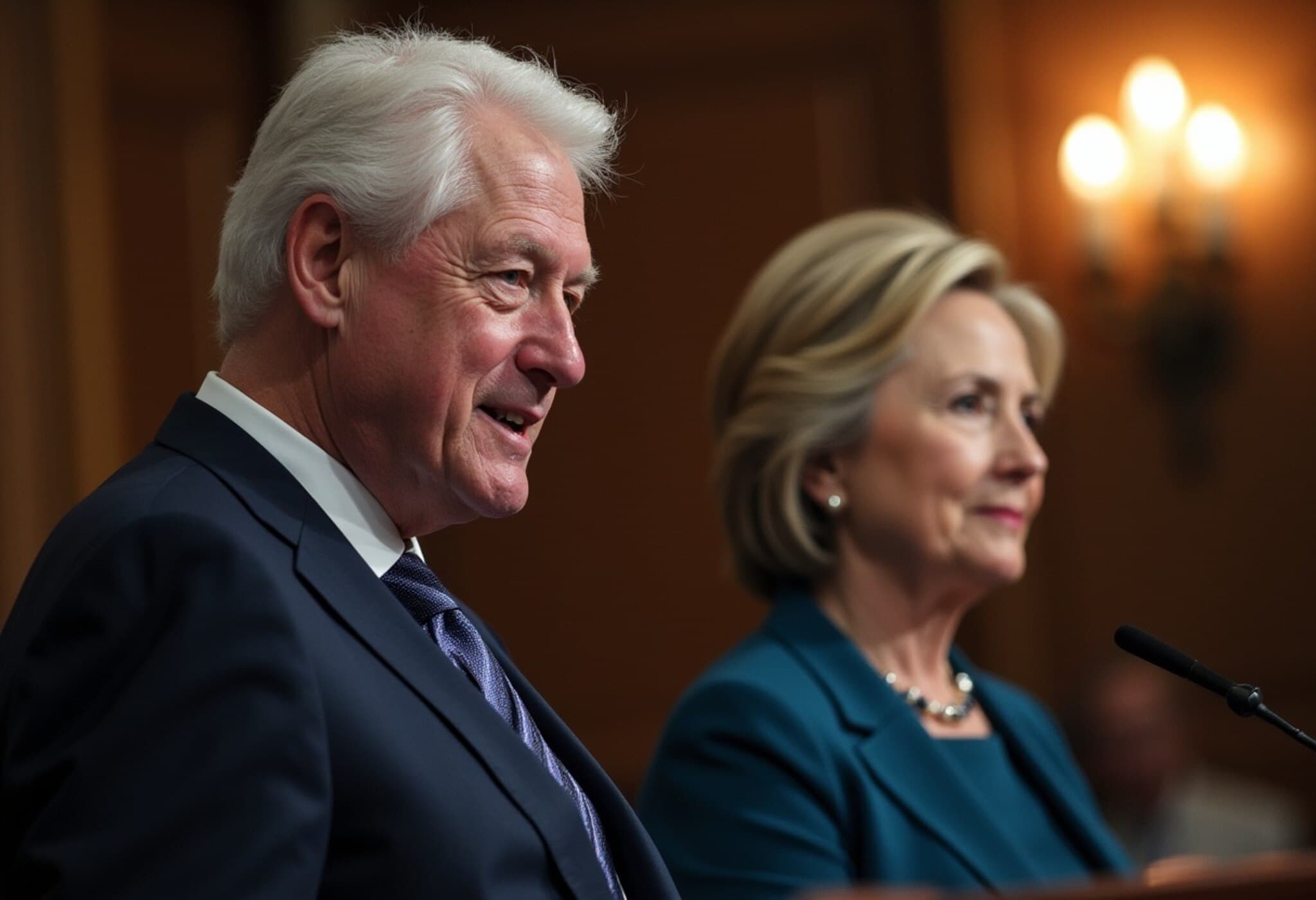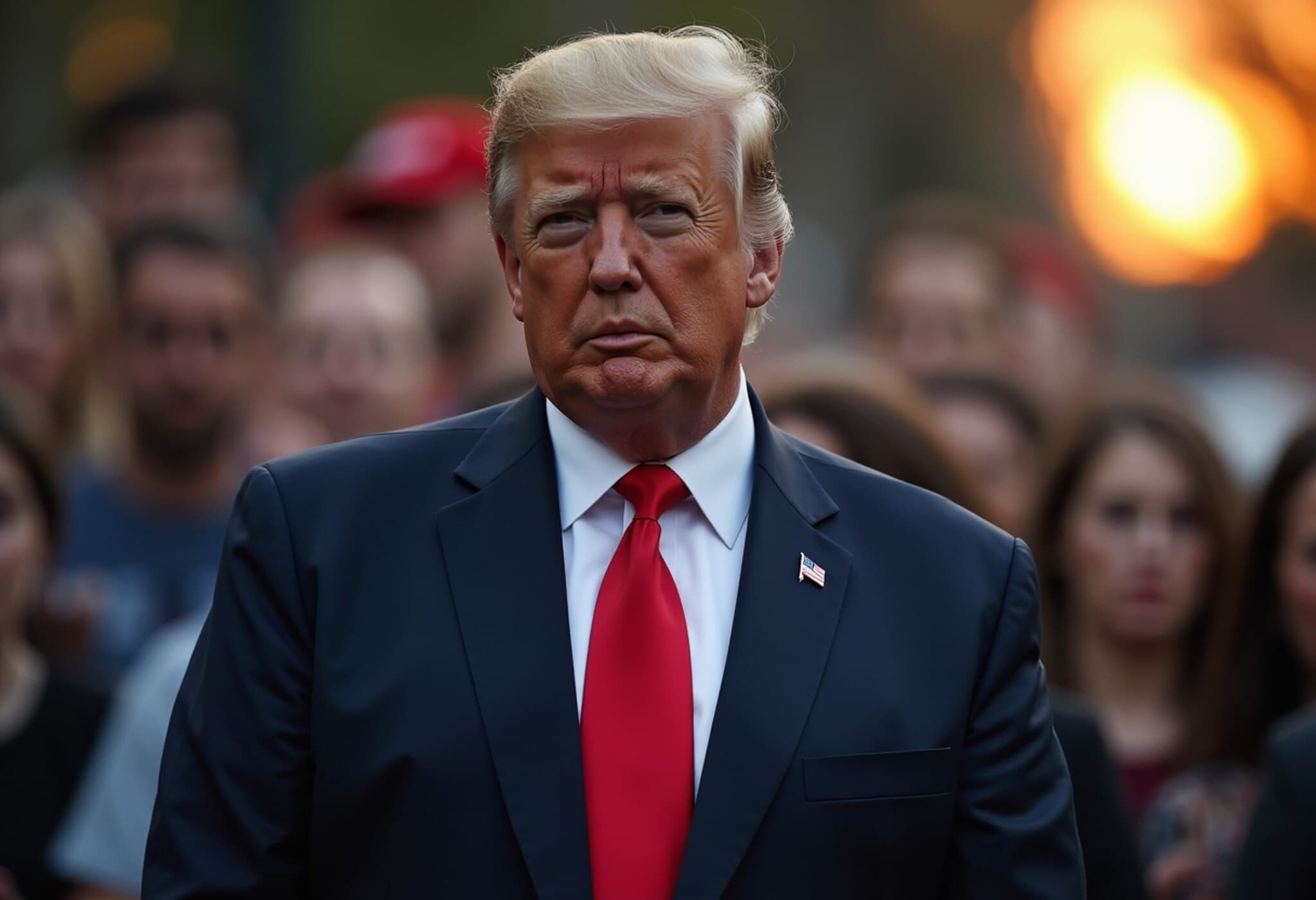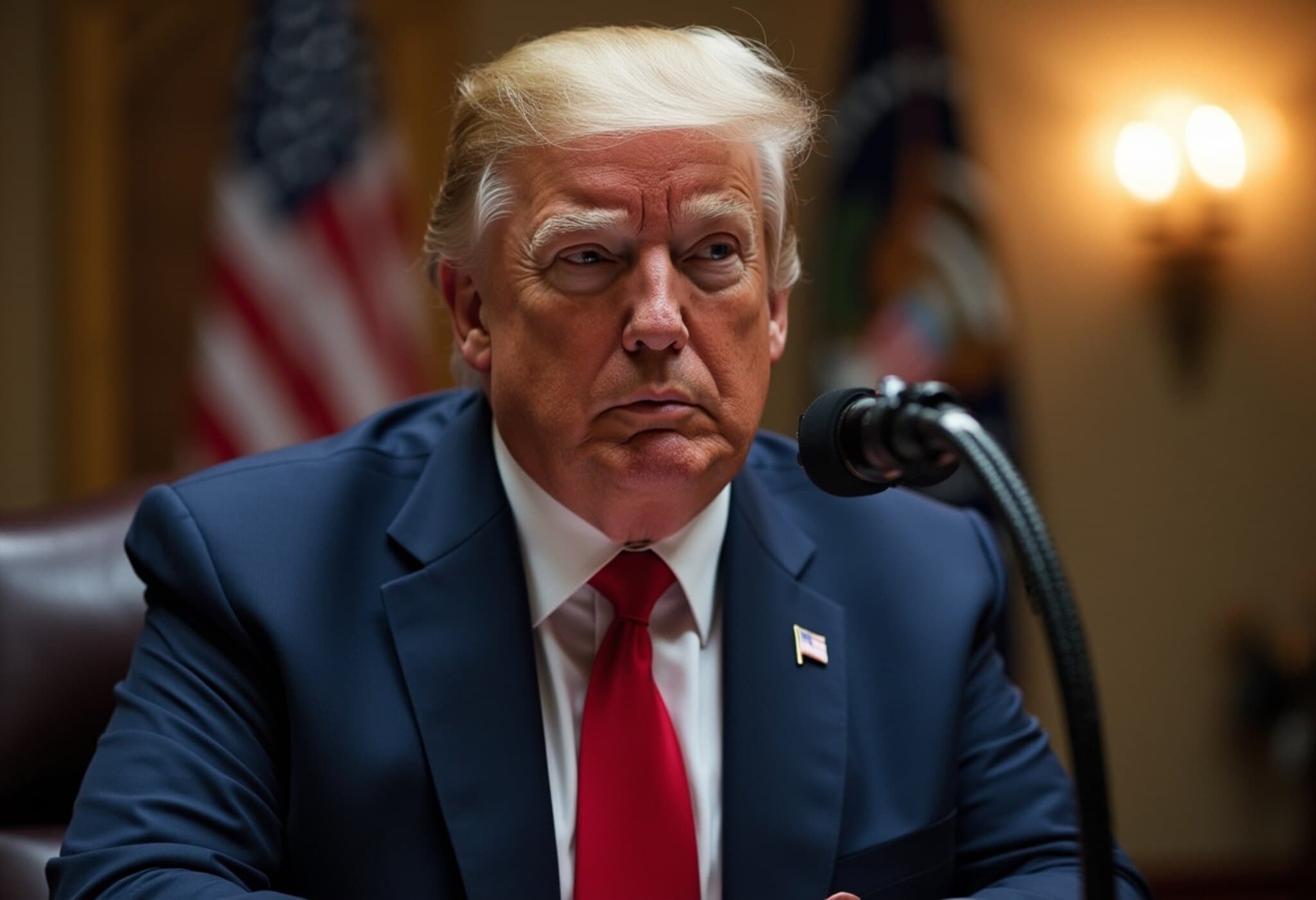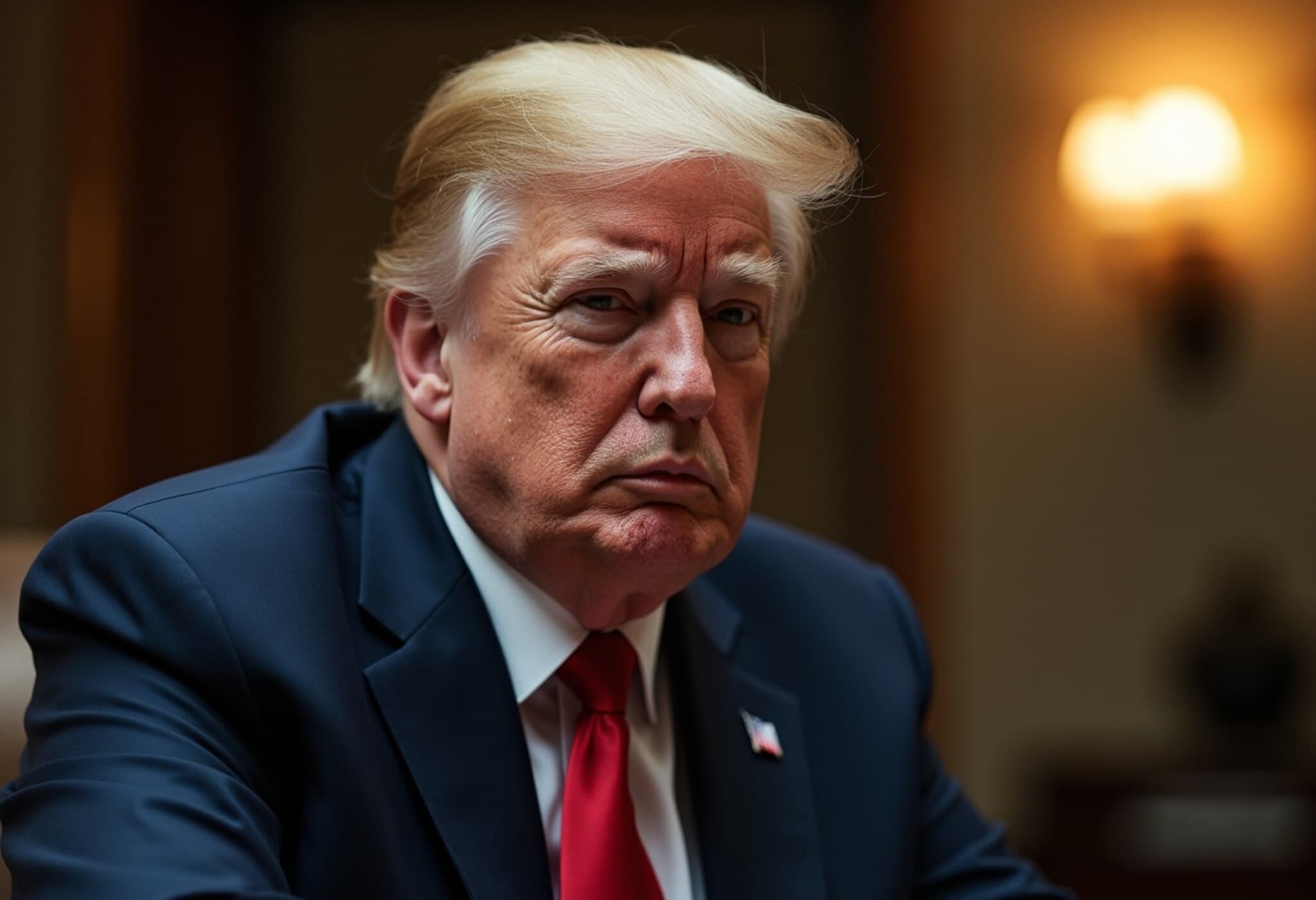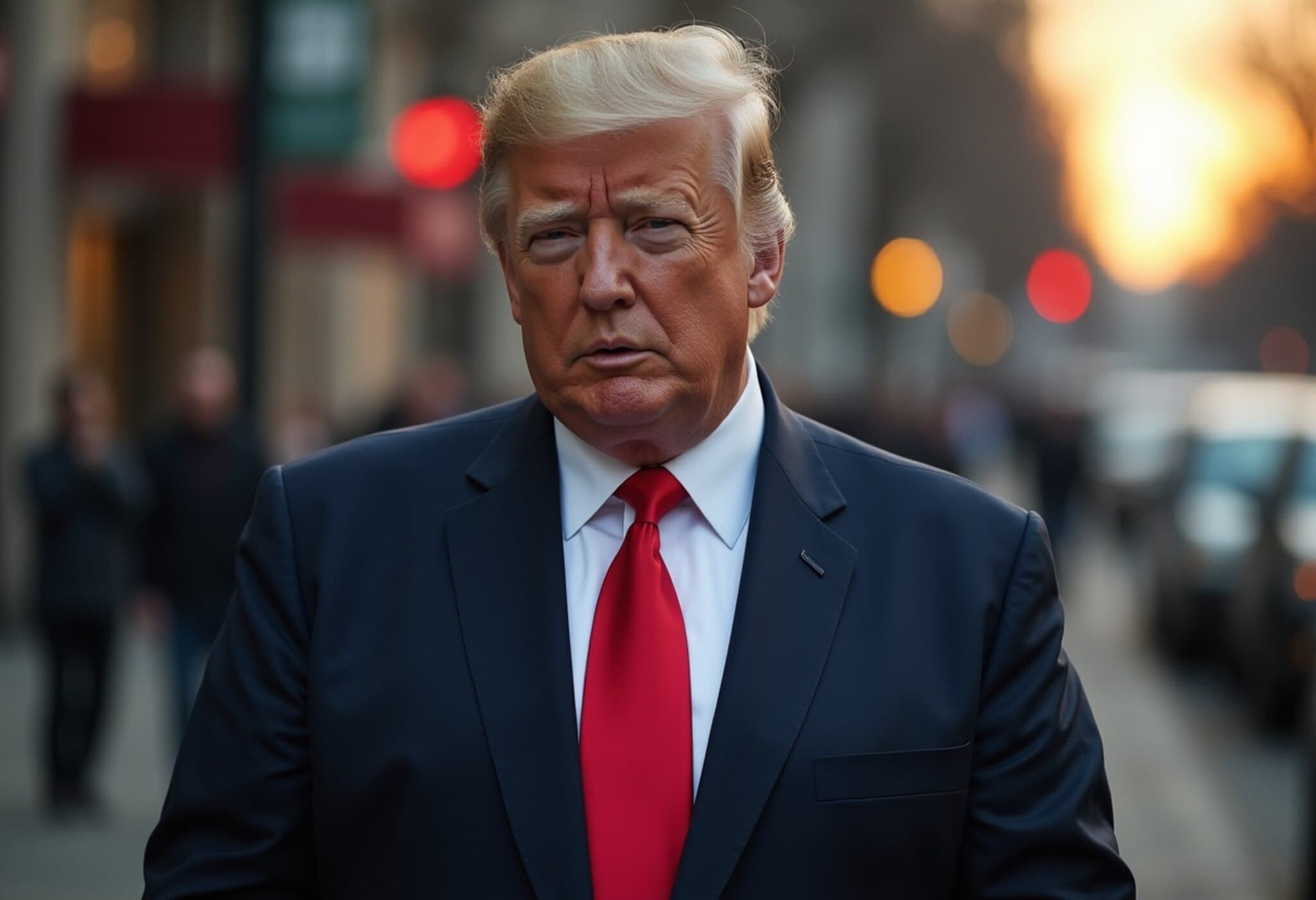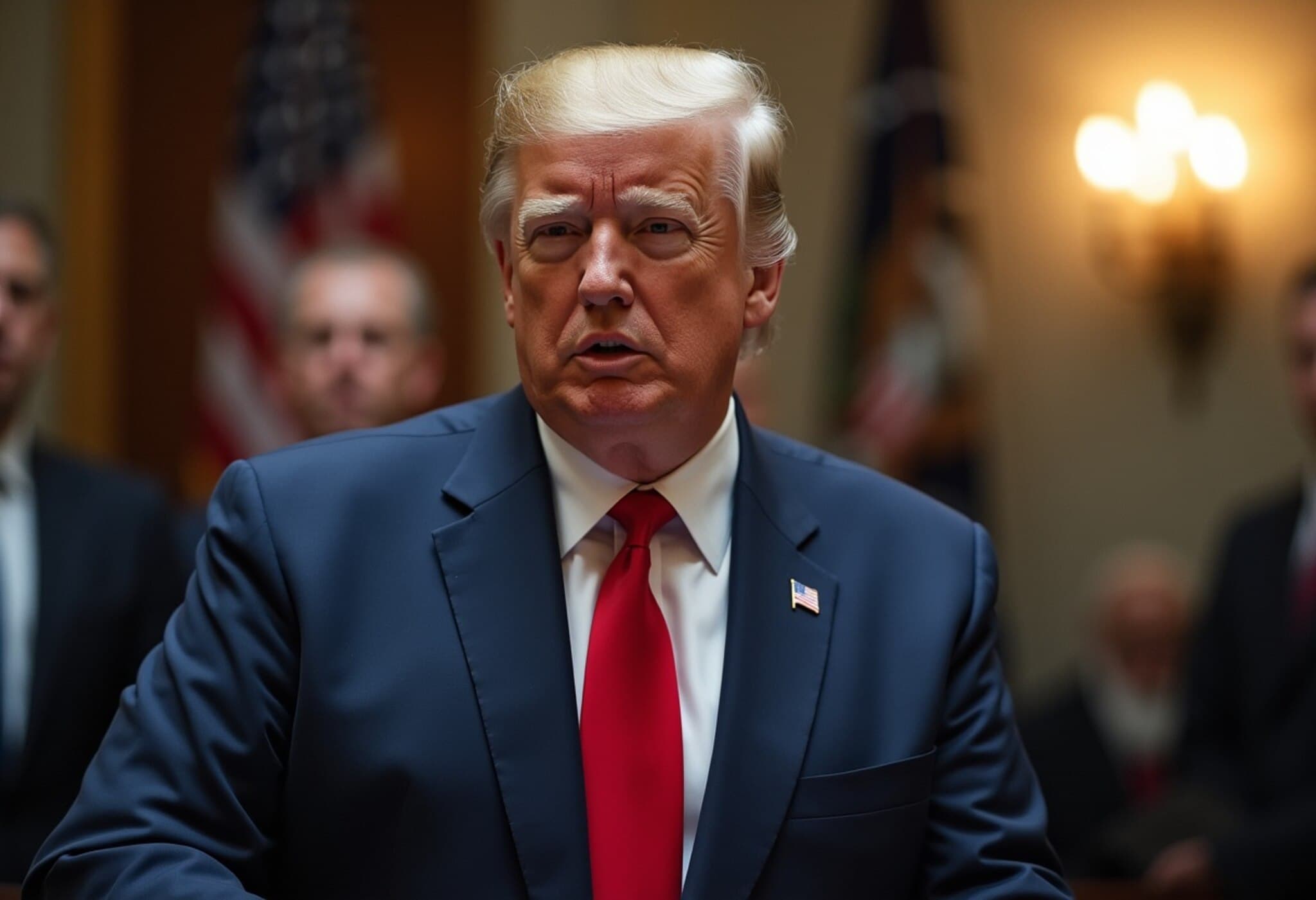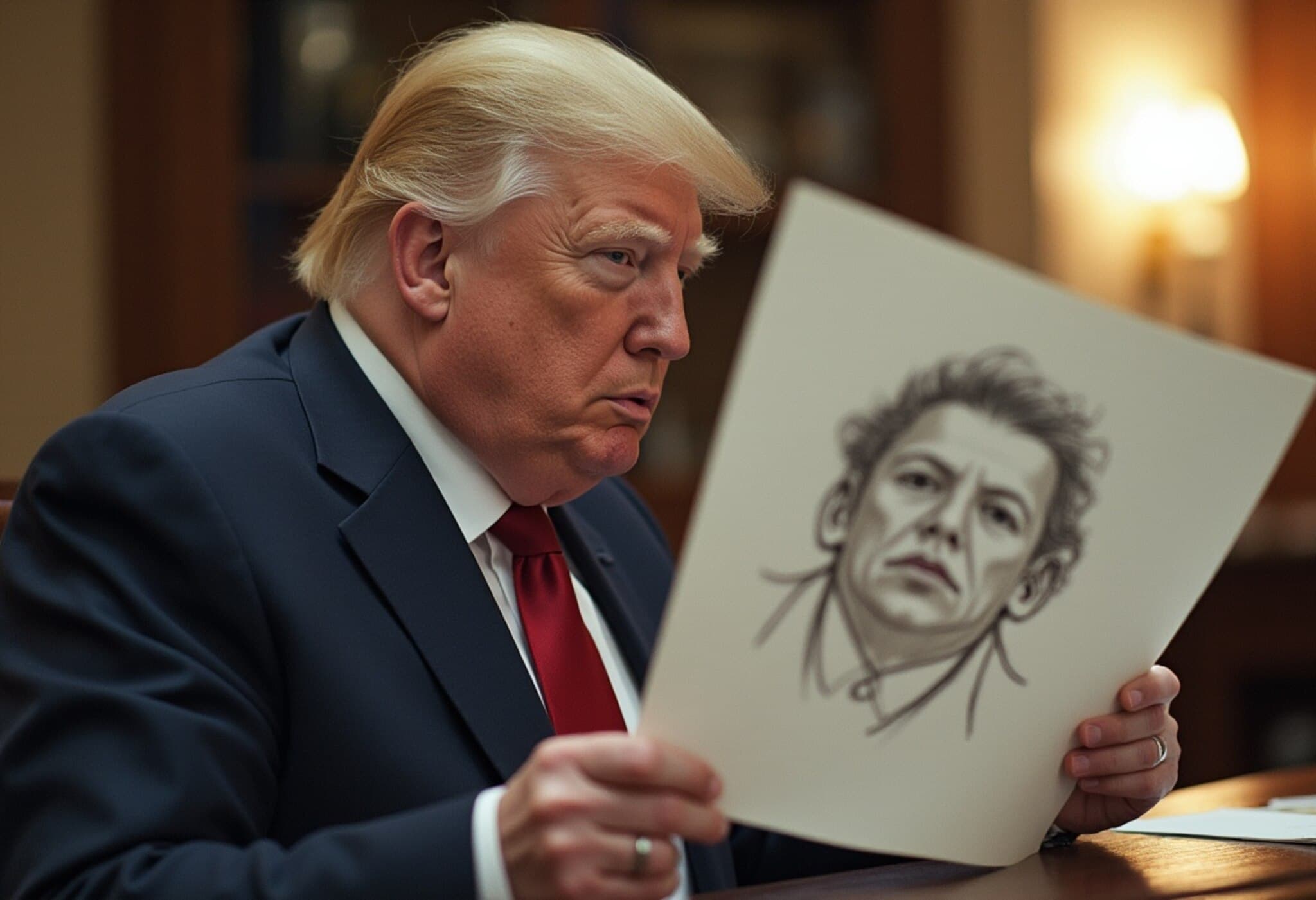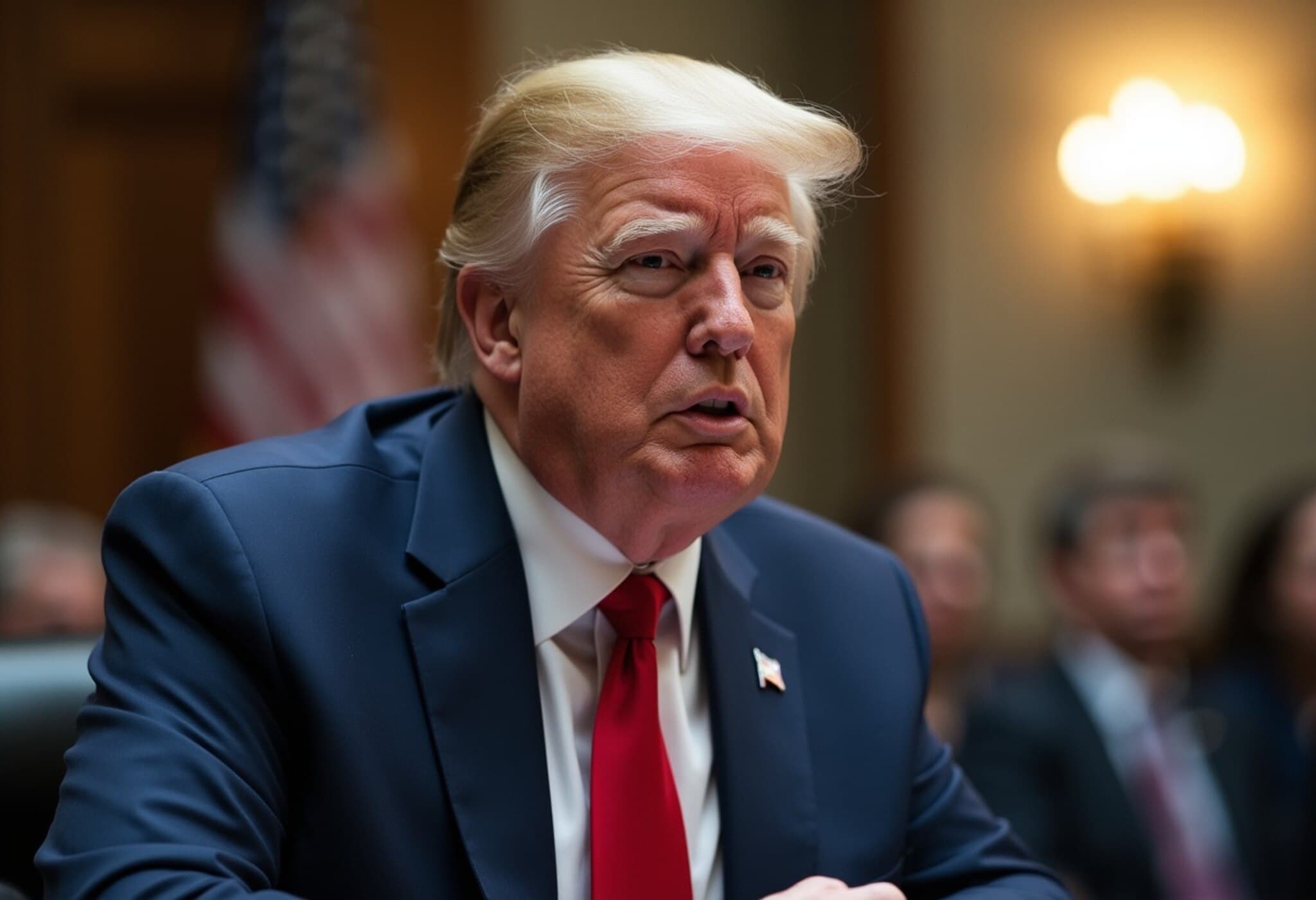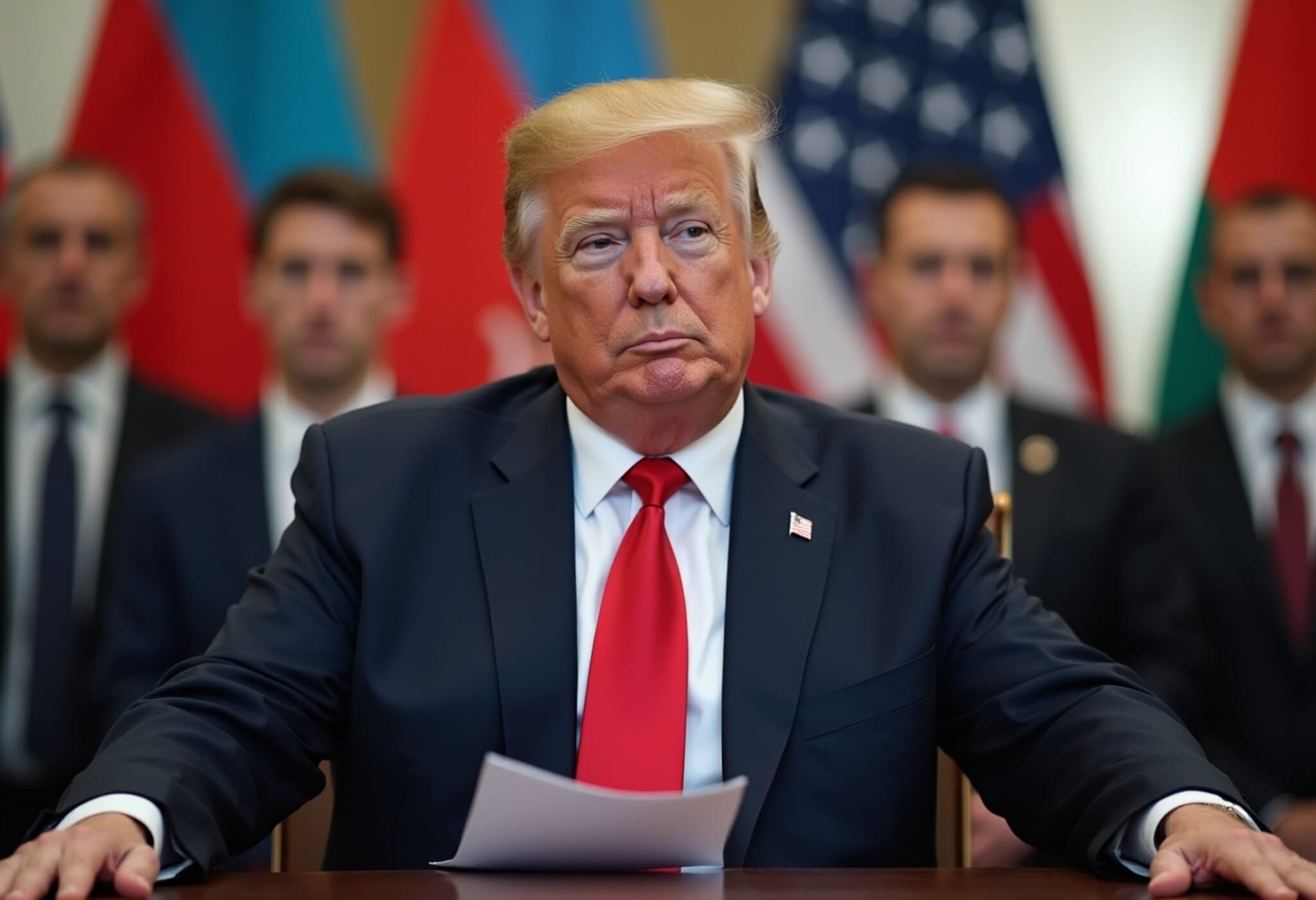Trump Promises Full Disclosure on Epstein Files Amid FBI Redactions
In a dramatic turn surrounding the ongoing saga of the Jeffrey Epstein investigation, former President Donald Trump has publicly pledged to release all documents related to the Epstein files, following revelations that the FBI has been redacting his name from some records ahead of public disclosure.
FBI’s Redactions Spark Political and Public Backlash
Earlier reports indicated that FBI investigators removed Trump’s name from critical documents linked to the Epstein case, citing concerns over an "unwarranted invasion of privacy." This move has ignited controversy not only among political adversaries but, notably, within Trump’s own Republican base, where frustration continues to mount over perceived obscurity surrounding the files.
Bloomberg and The Wall Street Journal detailed that aside from Trump, other prominent figures’ names were also redacted, raising questions about transparency and accountability. The Department of Justice's refusal to release further materials in July only fueled public skepticism and demand for complete disclosure.
Trump’s Shift in Stance: From Dismissal to Advocacy
This recent commitment marks a notable shift from Trump’s earlier dismissal of interest in the Epstein case. Previously describing the investigation as "pretty boring stuff" and questioning his supporters’ fascination, Trump now emphasizes the importance of full transparency while also expressing caution to avoid harm to innocents.
During a candid interview with Newsmax, Trump revealed that Deputy Attorney General Todd Blanche spent nine hours interviewing Ghislaine Maxwell in a Florida prison, highlighting the administration’s involvement in the probe’s depth.
"Todd went in, and I think he just wants to make sure that innocent people aren't hurt," Trump said. "I want to release everything. I just don't want people to get hurt."
Despite his assertive promise, Trump admitted he has not yet communicated with Blanche about the potential release of Maxwell’s interview transcripts or other sensitive documents, leaving many questions unanswered.
Transparency or Tactical Control? Context and Implications
The Epstein case remains a lightning rod in American political discourse, intertwining issues of criminal justice, power, and influence. The selective redaction of names—including that of a former president—invites scrutiny not just about individual privacy but about systemic efforts to shield powerful figures from repercussions.
Experts in legal ethics and public policy point to this controversy as emblematic of the broader challenges in balancing transparency with protecting ongoing investigations and innocent parties. The case also touches on America’s enduring struggle to confront allegations against elites, underscoring how legal processes can be subject to political pressures.
Underreported Angles and What Comes Next
- The role of far-right influencers: Earlier this year, the White House shared Epstein-related documents predominantly with far-right figures, a move critics say was orchestrated to control the narrative rather than serve public interest.
- Legal implications of redactions: What legal standards govern the redaction of names in high-profile cases, and could these redactions be challenged in court to ensure transparency?
- Impact on victims and public trust: How does the delay or partial release of files affect survivors of Epstein’s crimes and the wider public perception of justice?
Looking Ahead: Will the Full Epstein Files See the Light of Day?
Despite Trump’s declaration to "release everything," the real test lies in the administration’s follow-through. Given the fraught history of document releases related to Epstein and the recent backtracking by the Department of Justice, many remain skeptical about the timeline and completeness of any forthcoming disclosures.
As the story evolves, it is crucial for journalists, policymakers, and citizens alike to remain vigilant and question not just the content of the files but also the motivations behind their release or suppression.
Editor's Note
The Epstein files represent more than a sensational criminal inquiry; they are a crucible testing transparency, legal ethics, and the accountability of those in power. Trump's newfound commitment to transparency raises critical questions about political incentives and the realities of governmental disclosure. Readers should consider: What mechanisms ensure transparency when investigations implicate powerful individuals? And how might these disclosures shape public trust in American institutions moving forward?

